Teacher Development Research Review: Keys to Educator Success
Digital Promise
JUNE 15, 2016
Job Embedded Professional Development. Professional Learning Communities. A safe and cooperative climate for learning. Support and training to promote continual professional learning. Data to track and promote collaborative inquiry and practices that improve student learning.


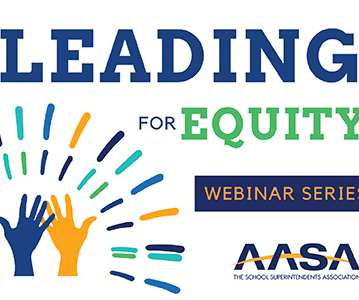
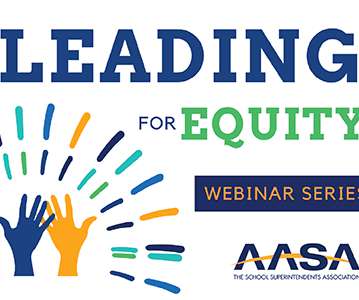


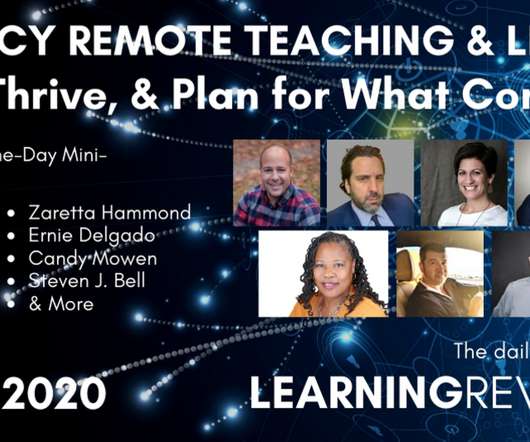
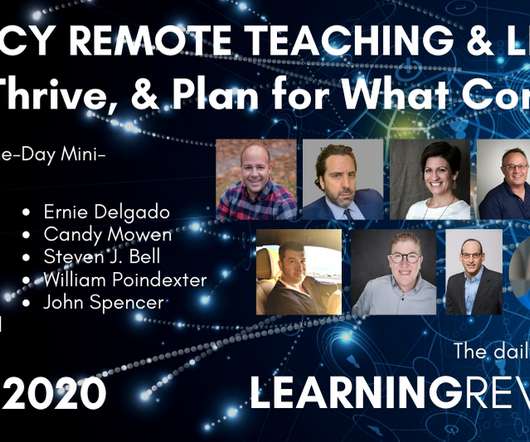
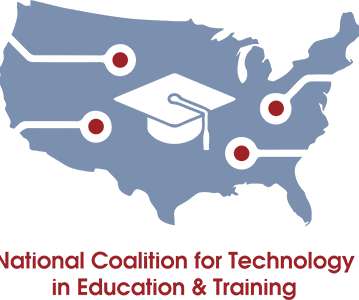











Let's personalize your content